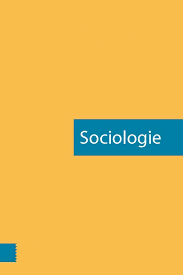Abstract
Conceptions of poverty are important in understanding the way social inequality is constructed, reproduced and contested. The way non-poor people perceive poverty is especially important, since they are able to influence the lives of people through political decision making processes, access to employment and sources of respect. This article examines conceptions of poverty among Human Resource Managers and social workers. The central question is whether shared conceptions of poverty can be identified and which arguments are used to substantiate them. Furthermore, the influence of experience with poverty is taken into account by comparing conceptions of HR-managers with those of social workers, as the latter group encounters poverty more often in their professional life. Using Q-methodology, six conceptions of poverty are identified. These can be divided into two categories: conceptions that emphasize solidarity and conceptions that emphasize individual responsibility. Both types of conceptions are found among HR-managers as well as social workers. Ideas about responsibility for the causes of and solutions for poverty are central in the way this phenomenon is perceived. Additionally, professional experience with poverty does not seem to be of central importance.
How to Cite:
Arts, J., (2015) “Tussen solidariteit en eigen verantwoordelijkheid”, Sociologie 11(3-4), 494–518. doi: https://doi.org/10.5117/Sociologie/157433142015011003009
Downloads:
Download PDF
View PDF
145 Views
39 Downloads
Published on
2015-10-20
Peer Reviewed

